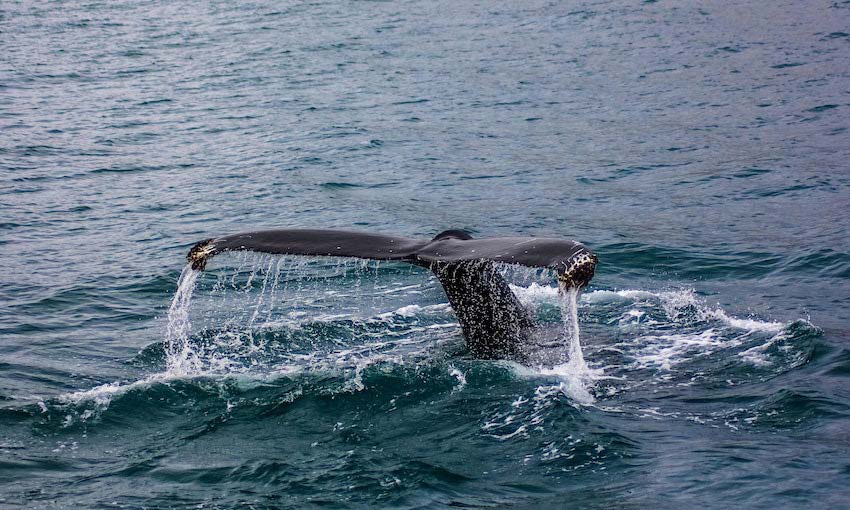MSC has modified its shipping route south of Sri Lanka to reduce the risk of colliding with endangered blue whales.
The route was adjusted after environmental NGOs OceanCare and the International Fund for Animal Welfare (IFAW) approached the company.
According to IFAW, the decision means MSC container ships transiting the waters south of Sri Lanka will now have to avoid the area where a population of northern Indian Ocean blue whales are known to congregate.
Simulations have reportedly shown that moving the official shipping lane 15 nautical miles to the south could reduce the blue whale strike risk by up to 95%.
However, MSC said despite years of advocacy by scientists, the shipping industry and NGOs, the boundaries of the official shipping line have not been reassigned to reduce the risk of ship strikes to whales, dolphins and porpoises.
Stefania Lallai, vice president sustainability at MSC, said the company ranks near the top of whale safety shipping rankings, but has not become complacent.
“We believe that the commercial shipping sector has an important role to play in protecting cetaceans, specifically in helping to reduce the risk of ship collisions with whales,” she said.
“We believe that raising awareness of these issues and encouraging collaboration between industry, scientific bodies, civil society and governments is essential as we strive collectively to do more to minimise the risk of ship strikes.”
Sharon Livermore, director of marine conservation at IFAW, said changes implemented by MSC would make a significant difference for endangered whales.
“Whales often die as a result of collisions and this population is at risk,” she said.
“Ship strikes are both a conservation and a welfare problem, and even one whale being hit is one too many.”
The World Shipping Council, other key shipping industry organisations and the International Whaling Commission are also supportive of establishing a recognised shipping route further offshore to protect whales and to improve shipping safety.
However, according to IFAW, the government of Sri Lanka has so far not engaged with the initiative.
IFAW said MSC’s move to transit further offshore has put the re-routing option into practice, but the majority of shipping still transits through the whales’ habitat
The NGO said the next step is for the Sri Lankan government to bring forward a proposal to the International Maritime Organization to make the safer, offshore route an official traffic separation scheme.
“Rerouting is the key hope to turn the tide for blue whales off Sri Lanka,” OceanCare director international relations Nicolas Entrup said.
“It also demonstrates to the Sri Lankan government that now is the time to take appropriate action and move the shipping lane out of blue whale habitat for all merchant vessels.”
MSC said westbound ship traffic is now limited to a latitude between 05 30N and 05 35N, and eastbound traffic is limited to a latitude between 05 24N and 05 29N in order to avoid designated cetacean habitats.
An exception has been made for vessels embarking and disembarking for safety reasons in Galle, including in case of adverse weather.
Additionally, smaller feeder ships sailing around the Bay of Bengal will reduce their speed to less than 10 knots in the area.

